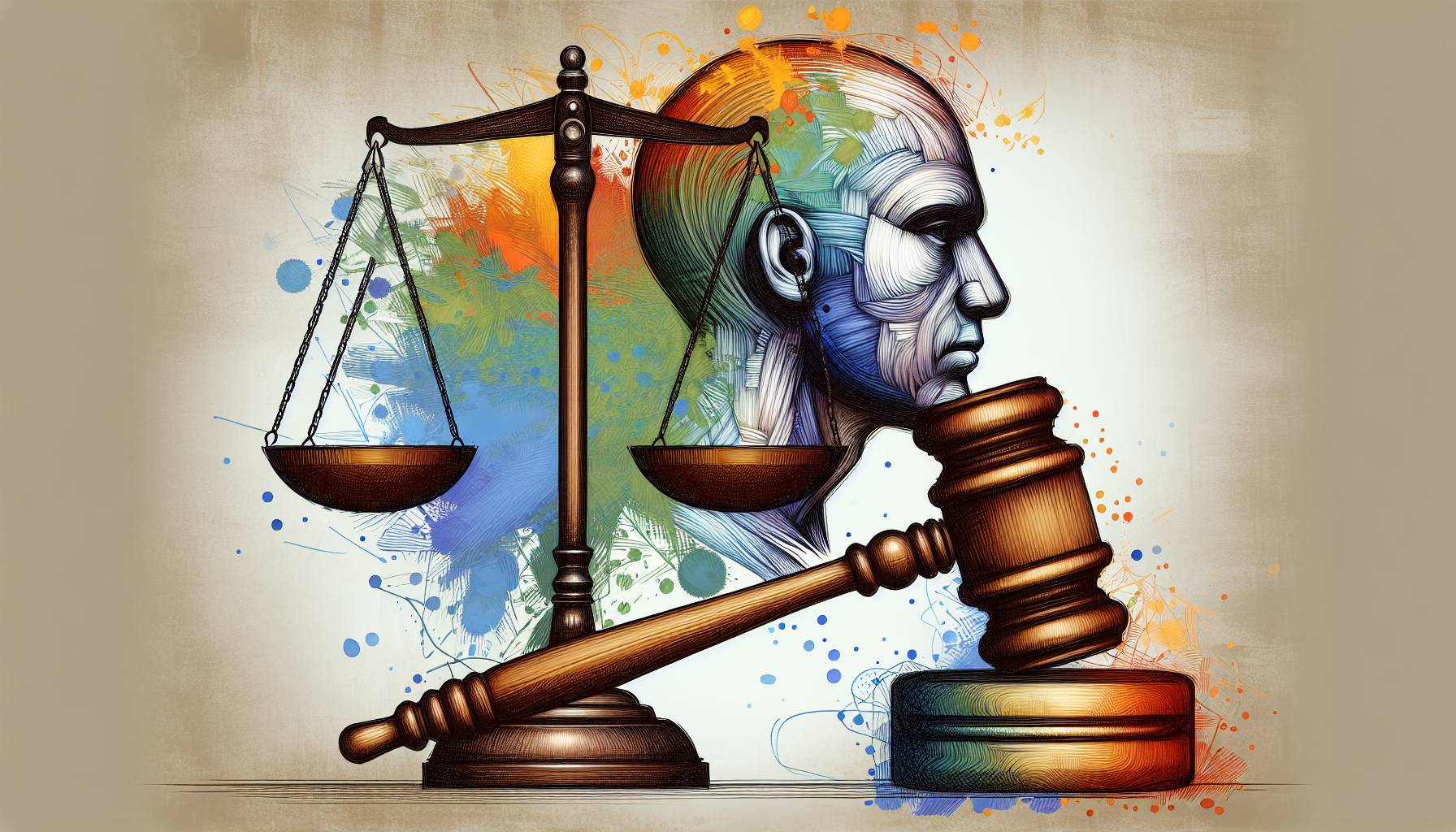Examining Presidential Immunity
A federal appeals court is currently assessing former President Donald Trump’s claims of presidential immunity in relation to accusations that he attempted to subvert the 2020 election outcome. Trump’s legal team submitted their arguments to the DC US Circuit Court of Appeals, requesting that the lower court’s ruling be overturned and that the federal allegations against the former president be dismissed. In contrast, the special counsel’s office insists that the judges should reject Trump’s immunity claims. This ongoing legal battle presents a complicated issue regarding the scope of presidential immunity and its consequences for a democratic system. The forthcoming decision by the court may establish a precedent for future situations involving executive power while also raising crucial questions about holding public officials responsible for their actions during their tenure.
Trump Addresses the Media
Following the appeals court session, Trump spoke to reporters in Washington, DC, outside a venue that once housed a luxury hotel operated by the Trump Organization. He expounded on the importance of the appeals court session and responded to various queries posed by the media. Additionally, the former president shared his thoughts about the current state of the hotel industry and stressed the effects of the ongoing global pandemic on businesses, specifically referring to the luxury hotel in question.
Senior Judge Karen Henderson’s Role
Senior Judge Karen Henderson has garnered substantial interest during the hearing as the panel’s most senior member and sole Republican nominee. Her inquisitive approach throughout the proceedings offers a valuable glimpse into her perspective on the case. As a seasoned jurist with a distinctive outlook, Judge Henderson’s input on the panel’s discussions is anticipated to significantly impact the case’s outcome.
Henderson’s Expertise in Presidential Legal Matters
Judge Henderson, an expert on legal matters concerning the American presidency, has questioned Trump attorney John Sauer’s assertion that Trump was fulfilling his official duties while attempting to reverse the 2020 election outcome. She described the argument as “paradoxical” and underscored that trying to undermine the democratic election process should not be considered an official responsibility of any president, as doing so contradicts the fundamental principles of American democracy. Henderson pointed out that such actions, rather than preserving the institution and ensuring a seamless transfer of power, contribute to political chaos and may establish a hazardous precedent for future administrations.
Immunity and Its Evolution in Recent Rulings
Judge Henderson has previously deliberated on the topic of immunity, such as in the case of the congressional subpoena of Trump’s then-White House counsel Don McGahn. However, in more recent rulings, the concept of immunity has evolved, resulting in a more intricate legal atmosphere surrounding these matters. As these cases progress, the ramifications on the balance of power between branches of government are becoming increasingly noteworthy, with both lawmakers and legal experts paying close attention to the outcomes.
McGahn’s Case and Protections
Henderson suggested that although McGahn could not avoid the subpoena by claiming absolute presidential immunity, he could argue for certain protections to limit his responses to Congress. This means that while McGahn may be compelled to appear before Congress, he could potentially restrict the extent of his testimony under specific circumstances. Such protections may be based on factors like executive privilege or considerations of national security.
First Reported on: cnn.com
Frequently Asked Questions
What is presidential immunity?
Presidential immunity refers to the legal protection that shields a sitting president from being prosecuted for certain actions taken while in office. It is a complicated aspect of American law that can affect the balance of power between branches of government and the ability to hold public officials accountable for their actions.
Why is presidential immunity a topic of discussion in Trump’s case?
Donald Trump’s legal team is arguing that he should be granted presidential immunity in relation to accusations that he attempted to subvert the 2020 election outcome. This ongoing legal battle may establish a precedent for future situations involving executive power and raise questions about the scope of presidential immunity and its impact on a democratic system.
Who is Senior Judge Karen Henderson?
Senior Judge Karen Henderson is a member of the panel assessing Trump’s claims of presidential immunity at the DC US Circuit Court of Appeals. She is the most senior member of the panel and the sole Republican nominee, and her input during the hearing is expected to have a significant effect on the case’s outcome.
What is Henderson’s viewpoint on presidential legal matters?
As an expert in American presidential legal matters, Judge Henderson has questioned the argument that Trump was fulfilling his official duties while attempting to reverse the 2020 election outcome. She considers such actions as going against the fundamental principles of American democracy and believes they contribute to political chaos and establish potentially dangerous precedents for future administrations.
How has the concept of immunity evolved in recent rulings?
In recent rulings, the concept of immunity has become more complex, with significant implications for the balance of power between branches of government. Legal experts and lawmakers are closely watching the outcomes of cases like Trump’s and Don McGahn’s to better understand the direction and evolution of immunity in American law.
What protections were suggested for Don McGahn’s case?
Judge Henderson suggested that while Don McGahn might not avoid a congressional subpoena by claiming absolute presidential immunity, he could argue for certain protections to limit his responses to Congress. These protections could be based on factors like executive privilege or national security considerations, potentially allowing McGahn to restrict the extent of his testimony under specific circumstances.













